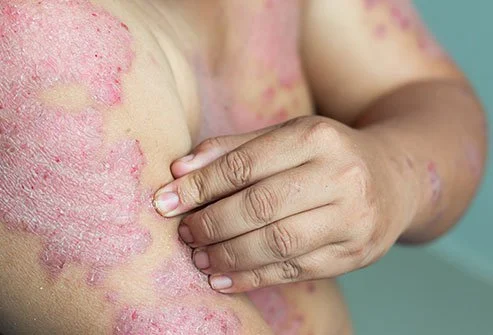Apply Aloe Vera gel to the affected area
After applying the Aloe Vera gel, gently massage the area for a few minutes. This will help the gel penetrate deep into the skin and nourish the area. Leave the gel on for about 15-20 minutes, then rinse it off with lukewarm water.
Use Coconut oil for moisturizing the skin
Coconut oil is an excellent natural source of hydration for your skin. It’s rich in fatty acids, which help to lock in moisture and keep your skin looking healthy and vibrant. It’s also non-comedogenic, so it won’t clog your pores or cause breakouts.
To use it as a moisturizer, take a small amount of coconut oil and massage it onto your skin in circular motions. Let it sit on your skin for a few minutes before wiping off any excess oil. You can use coconut oil as a moisturizer every day or just a few times a week, depending on your skin’s needs.
turmeric and Neem oil
are two of the most popular natural remedies for skin health. Turmeric has antiseptic and anti-inflammatory properties, making it an effective remedy for acne, eczema, and other skin conditions.
Neem oil is made from the seeds of the neem tree and has antibacterial, antifungal, and antiviral properties, making it a natural solution to treating skin issues like dermatitis, psoriasis, and acne.
Both turmeric and neem oil can be used topically, or taken internally as supplements. They can be used in combination or separately to provide relief from a variety of skin problems.
Take an Epsom salt bath to reduce inflammation and itching
Epsom salt baths are also beneficial for relieving muscle aches and pains. Adding 2 to 3 cups of Epsom salt to a warm bath can help to relax the muscles and reduce inflammation.
Additionally, Epsom salt baths can help to detoxify the skin and remove toxins. Soaking in an Epsom salt bath can also help to soothe itching and irritation caused by skin conditions like eczema.
Consume foods rich in Omega 3 fatty acids
such as salmon, mackerel, herring, sardines, anchovies and walnuts. Omega 3 fatty acids are important for heart health and have anti-inflammatory properties. They can also help reduce the risk of developing certain types of cancer and improve overall health.
Be sure to talk to your doctor about the right amount of omega 3 fatty acids for your individual diet.
crushed garlic, honey, and olive oil for psoriasis
Mix all three ingredients together in a small bowl. Spread the mixture onto the affected area of skin and gently massage it in. Leave the mixture on your skin for 15 minutes and then rinse off with lukewarm water. Repeat this remedy twice a day for two weeks or until your psoriasis symptoms improve.
gluten-free diet for Psoriasis
A gluten-free diet can be beneficial for those with psoriasis, as it can help reduce inflammation and skin irritation. Gluten is a protein found in wheat, barley, and rye, and is often found in processed foods, such as bread, pasta, pastries, and many sauces and dressings.
Eliminating gluten from the diet can help reduce inflammation and improve psoriasis symptoms. Additionally, some people may find that reducing their intake of red meat and dairy can also help reduce inflammation and improve psoriasis symptoms.
Eating a balanced diet with plenty of fruits, vegetables, and healthy proteins can help support the immune system and reduce inflammation. It is also important to stay hydrated and get enough rest to help promote healthy skin.
oats and yogurt for Psoriasis
Oats and yogurt can be an effective remedy for psoriasis. Oats have anti-inflammatory properties and can help soothe irritated skin. Yogurt is also full of probiotics, which can help reduce inflammation and help to restore balance to the skin.
To use oats and yogurt for psoriasis, mix together one cup of oats and one cup of plain yogurt. Apply the mixture to the affected areas for 20 minutes, then rinse with warm water. Repeat this remedy several times a week for best results.





